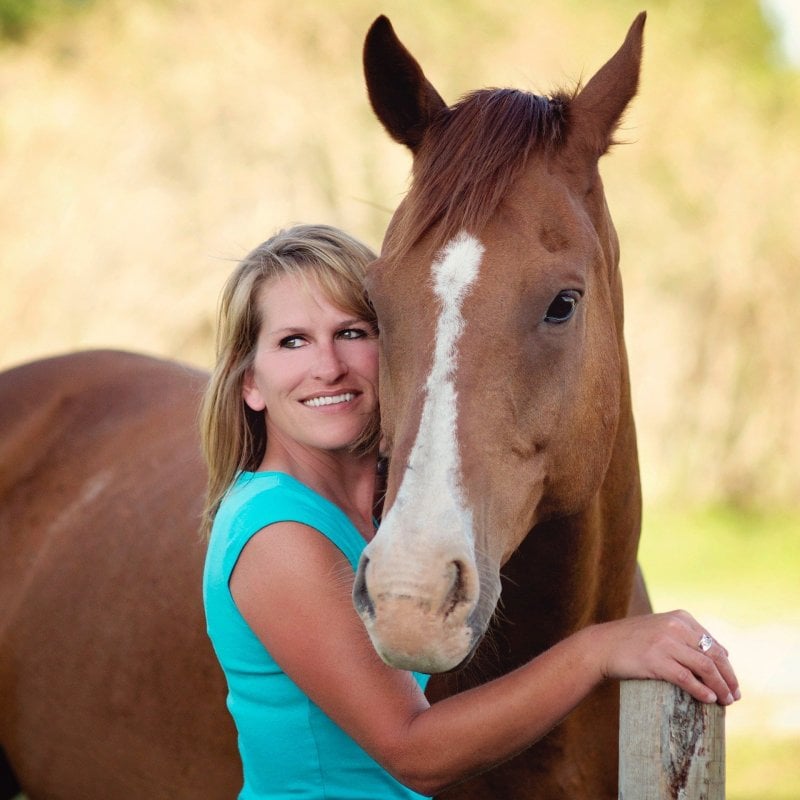Majestic Animals
Equinepodiatry.net is no longer available here. Please visit equinepodiatry.com instead.
Man’s Second-Best Friend: Horse Riding, Feeding and Care
If dogs hold the title of ‘man’s best friend,’ horses are undoubtedly next in line. According to archaeological and DNA evidence, horses were probably first domesticated somewhere in Central Asia in about 3,500 BC.

In the more than five millennia since, horses have played a central role in advancing human civilization. In addition to riding and transportation, horses have been used extensively for both agricultural and entertainment purposes.
For example, in the ancient Roman world, horse-and-chariot racing was by far the most popular spectator sport. Several centuries later, in the Middle Ages, one’s social status was determined mainly by the kind of horse that one rode.
Horseback Riding
Despite today’s ubiquity of automobiles, horseback riding remains extremely popular. Technically referred to as ‘equestrianism,’ horseback riding can be practiced either for leisure or in a competitive context, such as racing or rodeos.
In a testament to this majestic animal’s continued relevance today, many cities worldwide, including both New York and London, still employ mounted police to patrol parks and other outdoor areas.
Horse racing has long been a popular competitive sport in the US. The Kentucky Derby is, by far, the most famous horse race in the country. In the past, people would have to go to the track to place their bets on who might win, but no more. Thanks to the internet, everyone can place their bets online and watch the Derby from any location.
Feeding and Care
Because horses are such large animals (adult light horses typically weigh about 1,000 pounds), they require a great deal of both feeding and care. This includes large, open pastures for grazing, copious amounts of high-quality hay, and an unlimited fresh water supply.
Horses also need regular access to salt (which they require for sodium), along with shelter from cold winter weather. In an indication of their friendly natures, horses also need companionship, be it in the form of sheep, goats, donkeys, or other horses.